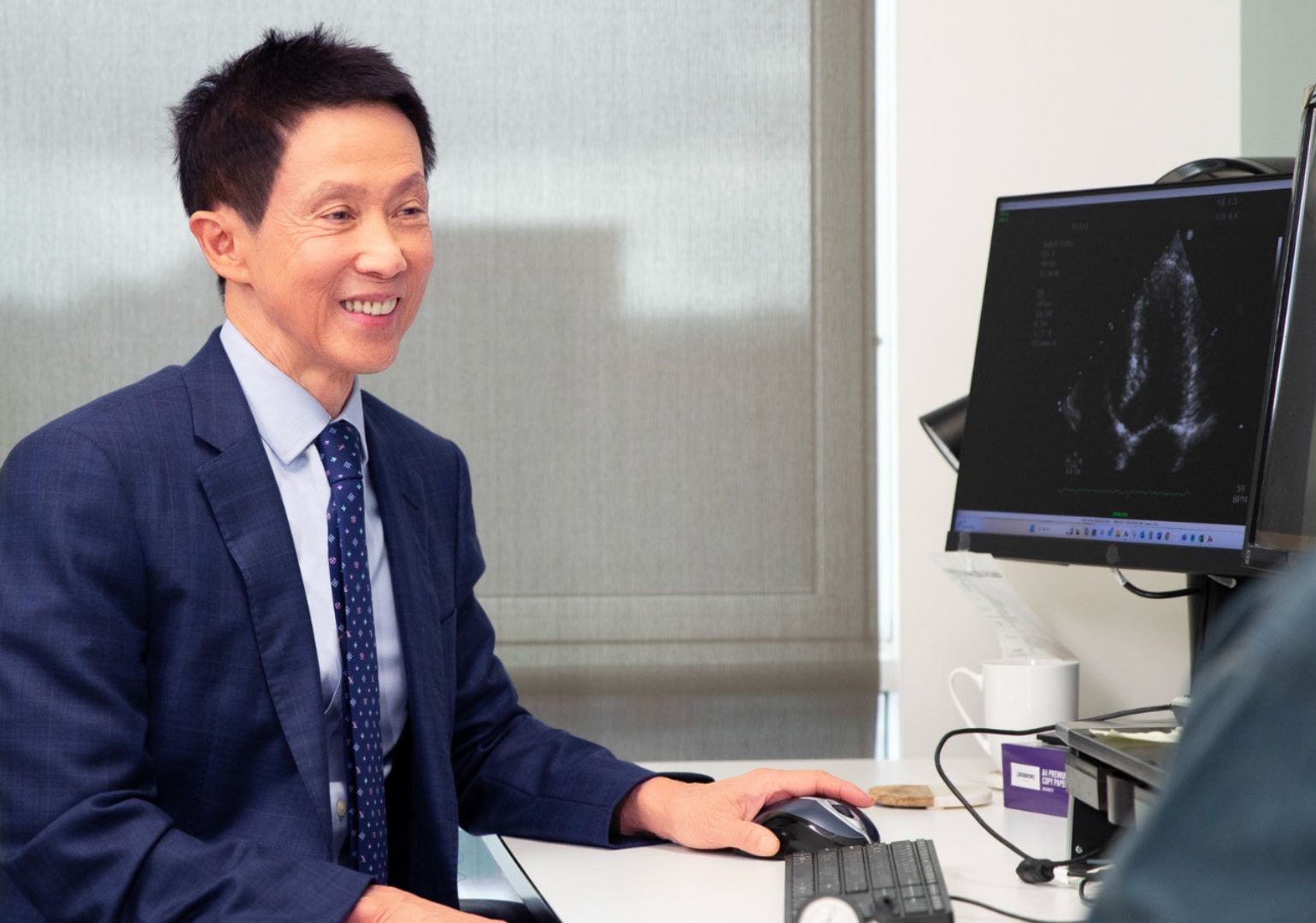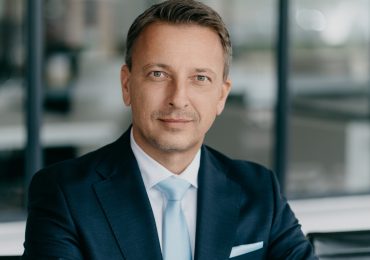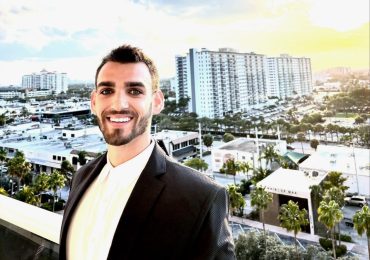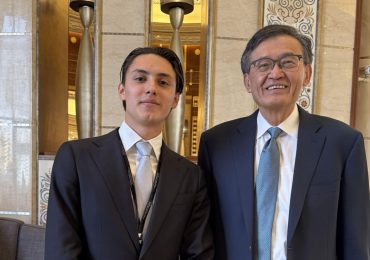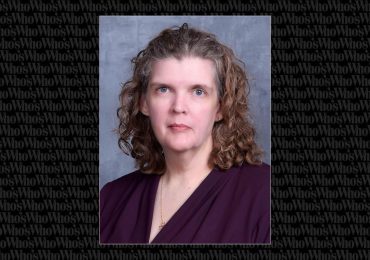Photo Courtesy of: Dr. Hosen Kiat
At age 15, a young man from Jakarta made a decision that would reshape not only his life but the future of cardiovascular medicine worldwide. With nothing but a scholarship and unwavering determination, Dr. Hosen Kiat embarked on a solitary journey to Australia, leaving behind family and homeland to pursue an education that would eventually make him one of the world’s most influential cardiologists.
Born to an Indonesian-Chinese family in Jakarta, Dr. Kiat’s early years were marked by cultural richness and linguistic diversity. His courage at age 15—traveling alone to Australia with only big dreams—planted the seed of his lifelong path to bridging Eastern and Western approaches to medicine.
The Making of a Medical Pioneer
Dr. Kiat’s academic excellence began at Monash University, where he earned his medical degree in 1978. His early training at prestigious institutions including the Alfred Hospital in Melbourne and Westmead Hospital in Sydney laid the foundation for an extraordinary four-decade career. He was trained in general cardiology, interventional cardiology, and electrophysiology, building comprehensive expertise in heart medicine.
The turning point came at Cedars-Sinai Medical Center in Los Angeles, where Dr. Kiat served as Director of Cardiac Imaging Research. During his decade-long tenure, he secured millions in research grants and published hundreds of peer-reviewed publications, cementing his reputation as both practitioner and pioneering researcher.
Transforming Global Heart Care
Perhaps Dr. Kiat’s most enduring contribution lies in co-developing the QGS (Quantitative Gated SPECT) and QPS (Quantitative Perfusion SPECT) cardiac imaging software. These revolutionary tools transformed how heart disease is diagnosed worldwide, becoming the gold standard in nuclear cardiology. The software, now used by major medical manufacturers including GE, Philips, and Siemens, has helped diagnose countless patients globally.
His research influence is staggering—ranked among the top one percent for clinical academic research worldwide. The QGS–QPS software suite allows physicians to automatically segment the left ventricle, quantify heart function, and assess blood flow with unprecedented accuracy.
Building Medical Excellence in Australia
In 2007, Dr. Kiat was handpicked as a foundation professor at Macquarie University’s School of Advanced Medicine. As Foundation Professor of Cardiology, he helped establish Macquarie University Hospital, Australia’s first university-owned teaching hospital.
His commitment to medical education spans multiple institutions, holding professorships at Macquarie University, Australian National University, Western Sydney University, Charles Sturt University, and Torrens University Australia. His multilingual abilities in Mandarin, Indonesian, Hakka, Cantonese, and Bahasa Sunda—prove invaluable in connecting with diverse students and patients.
From Research Lab to Real Life
Over one hundred thousand patients have been under Dr. Kiat’s care throughout his career. Despite technological innovations, he remains grounded in serving people. His philosophy: “There is no eastern or western medicine, only what works best for the patient.”
This patient-centered approach led him to explore integrative medicine, combining Western scientific methodology with Eastern health traditions. His research spans cardiac imaging, the heart-brain-gut axis, neurocardiology, photobiomodulation, and traditional practices like tai chi. Recent studies show promising results for infrared light therapy in treating Parkinson’s disease.
Bridging Two Worlds Through Wisdom
Dr. Kiat’s upcoming book, Wisdom from Two Worlds, represents the culmination of his life’s philosophy. Drawing from his unique journey and decades of patient care, he writes: “Long life is not enough. We want long health — years filled with strength, clarity, and purpose.”
His prevention-focused message is direct but accessible. “One of the most cost-effective health measures is the annual dental check-up. It prevents oral disease, detects cancer early, and contributes to better overall health,” he notes, emphasizing that prevention involves accessible habits, not just high-tech tools.
On blood pressure monitoring, he states: “Highly effective in preventing cardiovascular disease, heart and kidney failure, and stroke.” Discussing processed foods, he makes complex science understandable: “Fried & deep-fried foods — anything dunked in oil until golden brown — are AGE factories.” For overwhelmed readers, he adds reassuringly, “If this looks like your weekly grocery haul, do not panic. Start swapping, choosing fresh, whole foods: vegetables, fruits, legumes, and whole grains.”
His advice resonates because it is grounded in real conversations. When Andy asked about switching from plastic to glass coffee makers, the answer came in five words: “Why not? Go for it.”
On weight management, he offers tough love: “Weight loss is not easy, but it is possible. If calories in are consistently less than calories out, the weight will come off.” Yet he remains practical: “There is no one-size-fits-all. The best strategy is an evidence based program that you can stick to and integrate as a long-term habit.”
Digital Pioneer in Health Education
Recognizing that access remains the great divider in health outcomes, Dr. Kiat launched drkiat.com to democratize health education. The platform extends evidence-based guidance beyond traditional clinic settings, with plans for digital courses and public health programs.
His philosophy drives this mission: “The years ahead are yours to shape. But you must start now. The silent stalkers of health are preventable — if we pay attention and act early.”
Legacy of Innovation and Compassion
Today, Dr. Kiat serves as Medical Director of the Cardiac Health Institute while maintaining research across multiple universities. His work extends to cutting-edge cardiovascular and anti-aging science, from imaging unstable plaques to exploring cellular repair nutrition and mitochondrial restoration therapy.
What distinguishes Dr. Kiat is his combination of rigorous research with genuine patient compassion. His journey from a 15-year-old scholarship student from Jakarta to a globally cited cardiologist inspires excellence across fields.
Dr. Kiat’s story ultimately represents transformation: his personal evolution from immigrant student to global medical leader and his ongoing mission to transform health approaches by integrating medical wisdom from around the world. In an era of specialized medicine, he remains a bridge between cultures, disciplines, and the fundamental human need for both scientific rigor and compassionate care.

